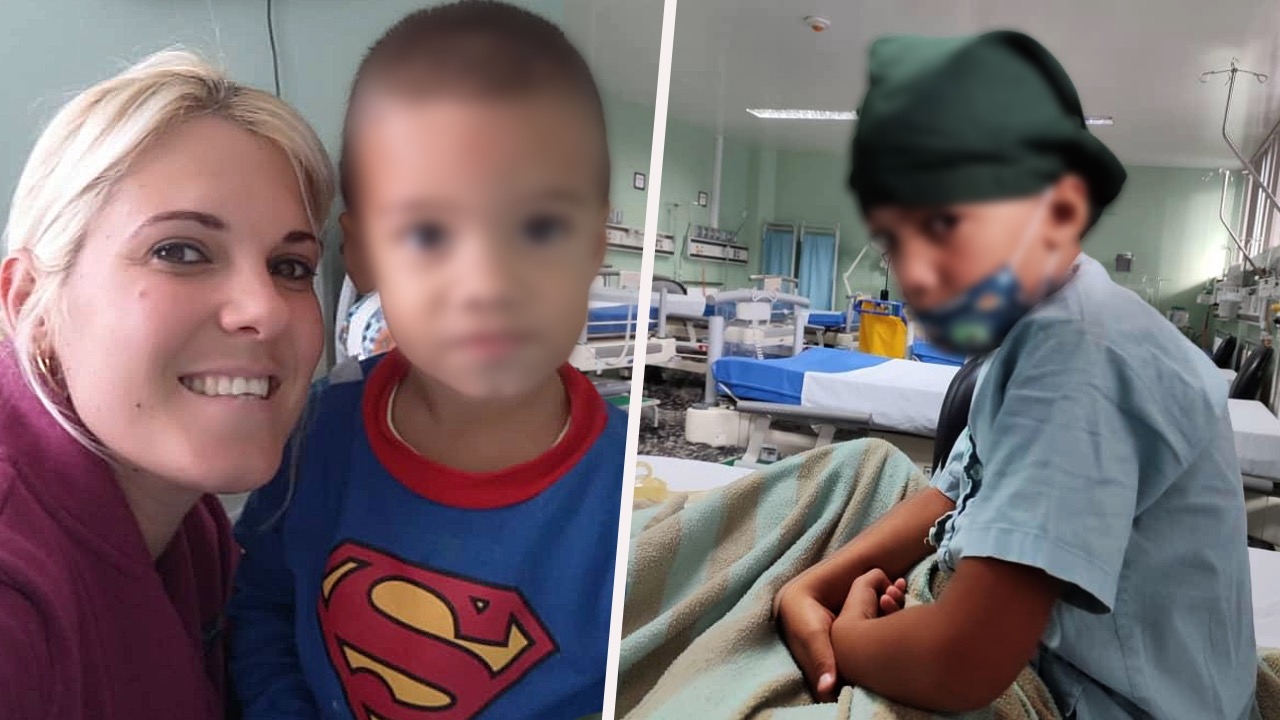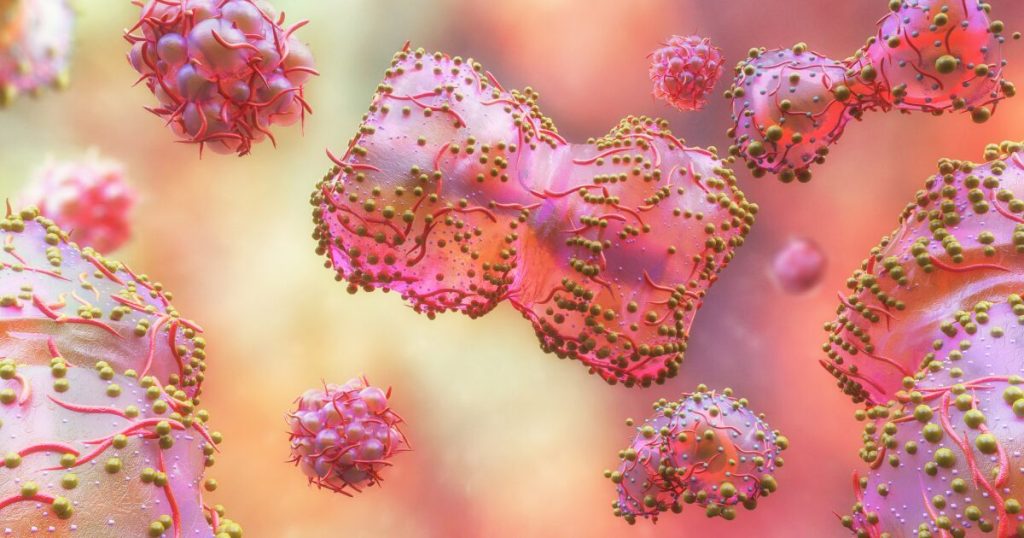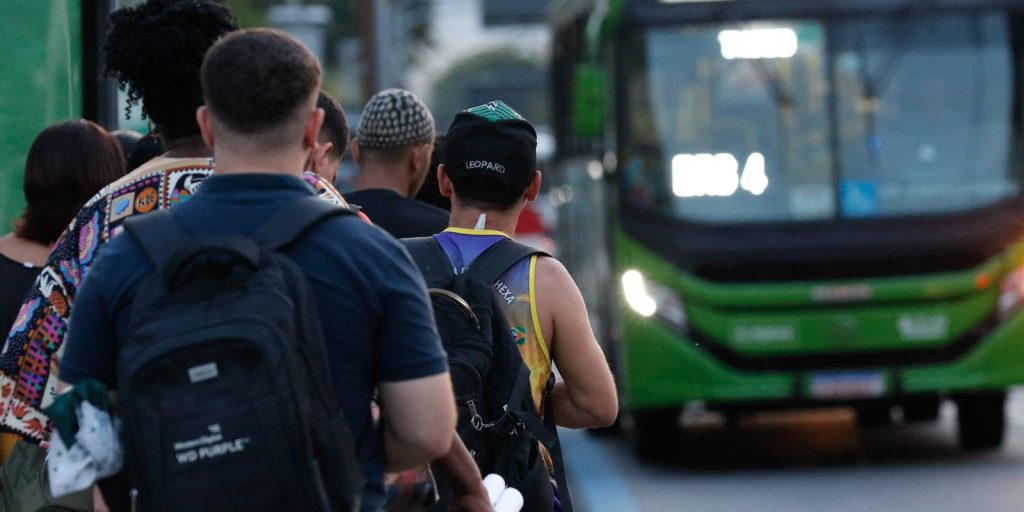HAVANA, Cuba. – “This is an emergency, it is the only way to save my child’s life; his illness is getting worse every day and the chances of a cure are getting smaller,” she told CubaNet Arlety Llerena Martínez, mother of seven-year-old Jorge Esteban Reina Llerena.
Since he was one year and nine months old, Jorgito, as his family affectionately call him, was diagnosed with acute lymphocytic leukemia, a disease that has had him fighting for his life ever since, with multiple operations and hospital stays.
Llerena Martínez remembers the news she received on January 21, 2019 this way: “My mother’s heart shattered into a thousand pieces when the family doctor explained to me that with this disease I had a 75 percent chance of surviving.”
Two years later, after a period of invasive chemotherapy and oral treatment, the boy suffered a relapse: doctors had to remove one of his testicles and his chances of survival dropped to 40%. In addition, the radiation administered to him caused his infertility.
Throughout this process, her body has weakened, which “has been very traumatic,” says the mother. “I always hoped that all this suffering and pain of my baby was to cure his illness,” she adds.
However, Jorgito continued to have relapses. In the third one, less than a year ago, his chances of survival dropped to 10%.
In all these years his life has been very limited by the decline of his immune system and the appearance of other illnesses such as pneumonia, which have led him to be in intensive care. He cannot go to school, he cannot play with other children or go to birthday parties or parks.
“Her life is not normal. Last year, her teacher came to teach her at home, but there is a shortage of teachers in the country,” says her mother.
Today Jorgito is stable, undergoing chemotherapy treatment every 28 days at the Institute of Hematology and Immunology in Havanabut he could relapse at any moment, his family fears.
“It is very sad and painful for me to hear that my child needs – and it is the only way to save him – a bone marrow transplant that is not performed in Cuba. My concern, as a desperate mother, is that with 10% of life left in the country, he is only receiving maintenance treatment because they have no other option. The only hope for my child to survive is to travel to the United States to have the bone marrow transplant,” she specifies.
According to Llerena Martínez, in Cuba there are no resources for either a bone marrow transplant or to perform the analysis to determine whether she herself is a compatible donor.
“If the reagent exists, they only do the analysis on me, as the mother, because it is very expensive and, if I am not compatible, there is no solution because they cannot do it on another person. There are also no resources to do the transplant, nor the appropriate conditions or antibiotics for recovery,” she explains.
The mother also states that, given this situation, the minor’s father, who resides in the United States, has registered him at the Nicklaus Children’s Hospital, Miami“The doctors have evaluated his clinical summary and agree that the only solution is a bone marrow transplant,” he said.
When they began the process of applying for a humanitarian visa, U.S. immigration authorities told them that a response would arrive in about 120 days, but that time has passed.
“I am already desperate. Every day that passes the agony is worse. As a mother, the only thing I ask is that they help us in this immigration process, that it is successful and that we get the appointment. His father is the one who will cover all the expenses of the process, the only thing we need is the visa, which [el niño] be accepted so that he can undergo treatment, so that he can live and be happy,” she pleaded.
Follow our channel WhatsApp. Receive the information from CubaNet on your cell phone through Telegram.

















